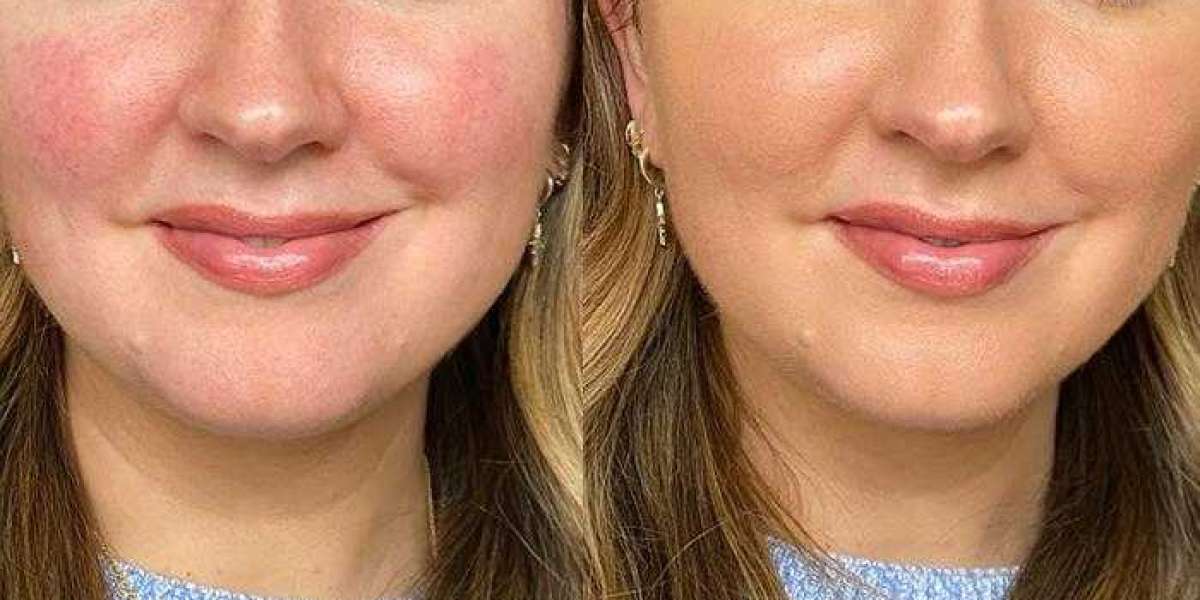Rosacea is a common chronic skin condition that affects millions of individuals worldwide. Characterized by redness, flushing, visible blood vessels, and small, pus-filled bumps, rosacea can significantly impact a person's quality of life. In this article, we will delve into the causes, triggers, and treatment options for rosacea to provide a comprehensive understanding of this condition.
Causes of Rosacea
The exact cause of rosacea remains unknown, but several factors are believed to contribute to its development. These include:
Genetics: Rosacea often runs in families, suggesting a genetic component. Certain genetic markers may predispose individuals to the condition.
Dermatitis and Immune System Dysfunction: Abnormalities in the immune system and reactions to microscopic mites, such as Demodex, which naturally reside on the skin, might play a role in rosacea.
Vasculature and Blood Vessel Abnormalities: Issues with the blood vessels and increased blood flow to the skin, causing redness and flushing, are common features of rosacea.
Environmental Factors: Exposure to sunlight, extreme temperatures, wind, and certain skin care products such as tri luma cream can trigger or exacerbate rosacea symptoms.
Inflammatory Pathways: Inflammation seems to be a significant contributor to rosacea, and the immune system's response to triggers may lead to persistent redness and swelling.
Triggers of Rosacea
Identifying triggers is crucial for managing rosacea effectively. Common triggers include:
Hot Beverages and Spicy Foods: Hot drinks and spicy foods can cause flushing and exacerbate rosacea symptoms.
Alcohol: Alcohol consumption, especially red wine, can trigger flushing and worsen rosacea symptoms.
Sun Exposure: Prolonged exposure to sunlight and ultraviolet (UV) rays can aggravate rosacea, leading to redness and irritation.
Stress: Emotional stress can trigger flare-ups and worsen rosacea symptoms.
Certain Medications: Some medications, including vasodilators and topical steroids, can worsen rosacea symptoms.
Harsh Skincare Products: Using harsh skincare products or those containing alcohol or fragrances can irritate the skin and trigger rosacea flare-ups.
Treatment Options for Rosacea
Although there is no cure for rosacea, several treatment options can effectively manage its symptoms:
Topical Treatments:
- Metronidazole and Azelaic Acid: These topical medications reduce redness and inflammation.
- Ivermectin: Effective in treating rosacea by targeting Demodex mites.
- Topical Antibiotics: Antibiotics like clindamycin or erythromycin can help control rosacea symptoms.
Oral Medications:
- Oral Antibiotics: Tetracyclines and doxycycline can be prescribed to manage inflammation and bacteria associated with rosacea.
- Isotretinoin: Reserved for severe cases, this oral medication can reduce oil production and inflammation.
Laser and Light Therapies:
- Intense Pulsed Light (IPL): Targets blood vessels and reduces redness.
- Laser Therapy: Various lasers can target blood vessels, reducing redness and improving skin texture.
Lifestyle Modifications:
- Sun Protection: Using sunscreen and avoiding excessive sun exposure can help prevent flare-ups.
- Gentle Skincare: Use mild, non-irritating skincare products and avoid scrubbing the face.
- Stress Management: Techniques like meditation and yoga can help manage stress-induced flare-ups.
Dietary Changes:
- Identifying and avoiding trigger foods and beverages can significantly reduce flare-ups.
In conclusion, while the exact cause of rosacea remains unknown, understanding potential triggers and exploring various treatment options can help individuals manage their symptoms effectively. Consulting a dermatologist for personalized treatment plans is essential to find the most suitable approach for managing rosacea and improving one's quality of life.
Check also: medicationplace site for more updates.







